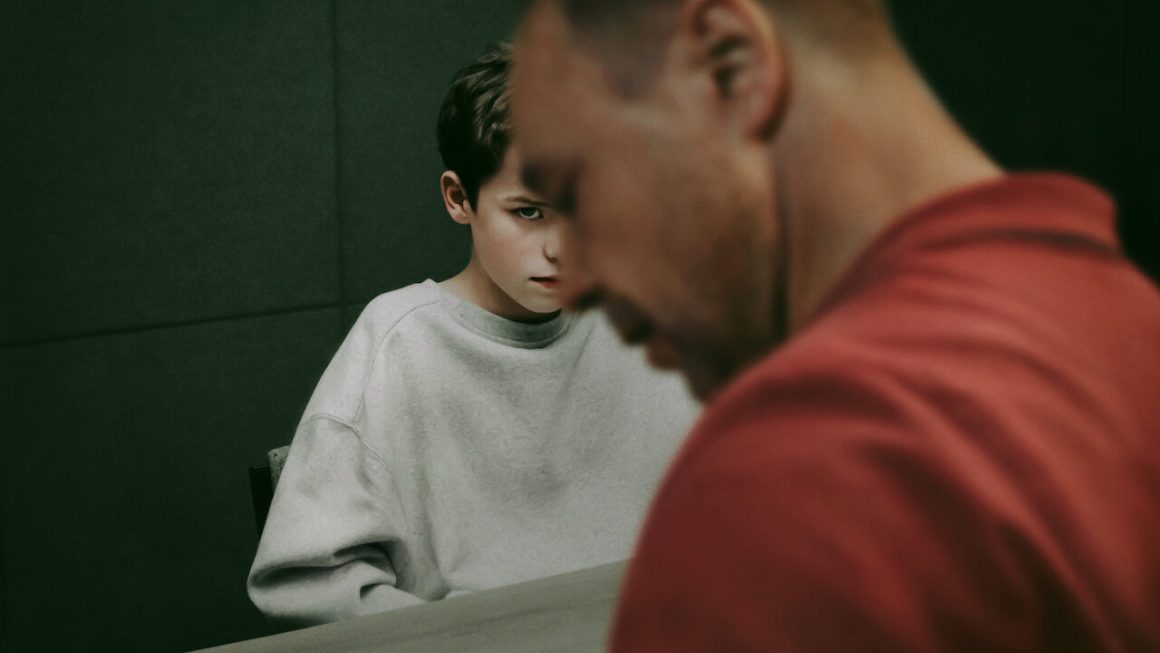Netflix’s recent release, Adolescence has been the latest show to provoke a very overdue, nationwide debate on the impact of online radicalisation in young men, misogyny, and the role of the legal system in protecting minors. The series follows Jamie Miller, a 13-year-old boy drawn into an online, misogynist subculture that ultimately leads to the murder of a school girl. This harrowing story highlights critical legal questions about juvenile justice and the regulation of harmful online content, pushing the UK government to reconsider the efficacy of its internet laws.
The show explores several complex legal issues, particularly the prosecution of minors. Adolescence shines a light on the challenges young defendants face, including their ability to access effective legal representation. The portrayal of Jamie’s trial has drawn criticism from legal professionals, with some arguing that his defence team failed to protect his rights adequately. A notable perspective on Jamie’s trial was provided by The Law Gazette, which critiqued his defence team’s handling of the case. The article, titled Adolescence is brilliant TV – but Jamie should have sacked his brief, argues that his legal representatives failed to challenge key pieces of evidence effectively, highlighting broader concerns about legal advocacy for minors. It states, “A more rigorous defence might have shifted the trial’s outcome, yet Jamie was left exposed to a system that often struggles to balance justice with the complexities of youth culpability.” This raises broader concerns about whether the criminal justice system is equipped to handle cases involving radicalised minors, particularly those influenced by digital subcultures.
The Need for Stronger UK Internet Laws
The series also raises urgent questions about the responsibility of online platforms in facilitating extremist content. Jamie’s descent into misogynistic online communities mirrors real-life cases, where young individuals have been radicalised by harmful digital environments. This has led to renewed scrutiny of the UK’s Online Safety Act, which aims to hold tech companies accountable for the content on their platforms.
Under the Act, companies must take steps to prevent harmful material from reaching children. However, critics argue that enforcement mechanisms remain weak, and Adolescence has intensified calls for tougher regulations. Pinsent Masons has drawn attention to the need for stricter online safeguards, stating, “Regulatory frameworks must evolve at the pace of digital risks—without decisive action, vulnerable users, especially minors, will continue to be exposed to harmful content with real-world consequences.”
Government and Legal Community Reactions
The UK government has acknowledged the public’s response to Adolescence and its implications for online safety. Some ministers have suggested that the series be used as an educational tool to highlight the risks of online radicalisation among young people. Labour MP Anneliese Midgley has proposed screenings in schools and Parliament to drive discussions on misogyny and youth crime (Guardian).
Legal experts have also weighed in on the show’s depiction of criminal proceedings. Some commentators have praised its realism, while others have argued that Jamie’s legal team should have mounted a stronger defence. Meanwhile, criminal law specialists have noted that the case reflects wider concerns about how minors are prosecuted and rehabilitated within the justice system. Mortons Solicitors has posed statement on how incel hate crimes are legally considered; stating ‘While incel culture itself is not classified as terrorism under UK law, certain extremist views within these communities have led to violent acts, blurring the lines between hate crime, conspiracy to commit offences, and domestic terrorism.’ – should these extremist views be considered domestic terorrism?
What Comes Next?
Adolescence has amplified the much needed conversation on the need for stricter digital protections. The UK government must now consider whether the Online Safety Act goes far enough in addressing the risks posed by harmful online content. Perhaps we should look to Australia’s strict online laws for children and consider the positive effects they could have in the UK? There certainly needs to be ramifications for tech companies failing to act against online radicalisation, lessons taught to parents with young boys, and a general reform in online restrictions for children.
Beyond internet regulation, the series also highlights the importance of early intervention. Schools, parents, and social services must work together to educate young people about online dangers before they become ensnared in harmful ideologies. The criminal justice system, too, must ensure that young offenders receive legal representation that reflects their unique vulnerabilities.
Adolescence is more than just a gripping drama—it is a wake-up call for policymakers, legal professionals, and society at large. The question now is whether the UK government will seize this moment to enact meaningful reforms that protect young people.
Further Reading
Netflix drama Adolescence is brilliant TV but Jamie should have sacked his brief | Law Gazette
Ban smartphones for UK under-16s, urges Adolescence writer | Young people | The Guardian
 Nicole Keeling
Nicole Keeling